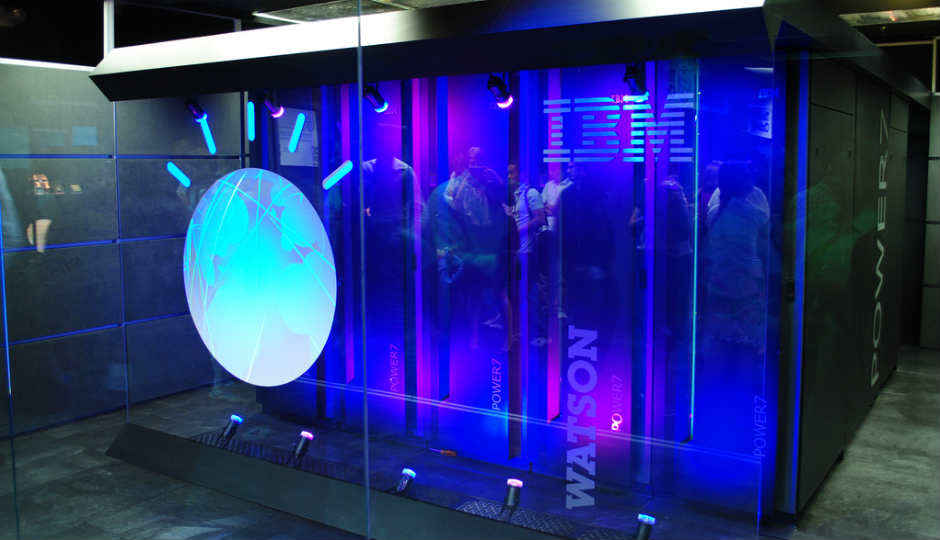 IBM’s Watson supercomputer has apparently been giving wrong cancer treatment advice. As per a report by The Verge, via Stat, the machine has been frequently giving bad advice to doctors at Memorial Sloan Kettering Cancer Center, who partnered with IBM in 2012 to train Watson in diagnosing and treating patients. The new report is based on IBM documents from last summer, which the Stat reviewed. As per the files, the supercomputer repeatedly provides erroneous advice for treating cancer patients, like when it suggested a medicine for a cancer patient who suffers from severe bleeding and the prescribed drug could worsen it. It should be noted that a spokesperson for Memorial Sloan Kettering said that the computer was fed hypothetical situations and the treatment was not used on a real patient. The incorrect suggestions by Watson are being blamed on the hypothetical data that it had to work with. “The documents — slide decks presented last summer by IBM Watson Health’s deputy chief health officer — largely blame the problems on the training of Watson by IBM engineers and doctors at the renowned Memorial Sloan Kettering Cancer Center. The software was drilled with a small number of “synthetic” cancer cases, or hypothetical patients, rather than real patient data. Recommendations were based on the expertise of a few specialists for each cancer type, the documents say, instead of “guidelines or evidence,” says the report. An IBM spokesperson told Gizmodo that Watson for Oncology has “supported care for more than 84,000 patients” and is still learning. Seems like IBM’s Watson is not learning the right things and it could be due to the hypothetical data that is being fed to it. After all, any system based on neural network and artificial intelligence need a good amount of clean data to understand the concept it’s designed for and provide insights.
IBM’s Watson supercomputer has apparently been giving wrong cancer treatment advice. As per a report by The Verge, via Stat, the machine has been frequently giving bad advice to doctors at Memorial Sloan Kettering Cancer Center, who partnered with IBM in 2012 to train Watson in diagnosing and treating patients. The new report is based on IBM documents from last summer, which the Stat reviewed. As per the files, the supercomputer repeatedly provides erroneous advice for treating cancer patients, like when it suggested a medicine for a cancer patient who suffers from severe bleeding and the prescribed drug could worsen it. It should be noted that a spokesperson for Memorial Sloan Kettering said that the computer was fed hypothetical situations and the treatment was not used on a real patient. The incorrect suggestions by Watson are being blamed on the hypothetical data that it had to work with. “The documents — slide decks presented last summer by IBM Watson Health’s deputy chief health officer — largely blame the problems on the training of Watson by IBM engineers and doctors at the renowned Memorial Sloan Kettering Cancer Center. The software was drilled with a small number of “synthetic” cancer cases, or hypothetical patients, rather than real patient data. Recommendations were based on the expertise of a few specialists for each cancer type, the documents say, instead of “guidelines or evidence,” says the report. An IBM spokesperson told Gizmodo that Watson for Oncology has “supported care for more than 84,000 patients” and is still learning. Seems like IBM’s Watson is not learning the right things and it could be due to the hypothetical data that is being fed to it. After all, any system based on neural network and artificial intelligence need a good amount of clean data to understand the concept it’s designed for and provide insights.from Latest Technology News https://ift.tt/2K5lMgI
via IFTTT






0 comments:
Post a Comment